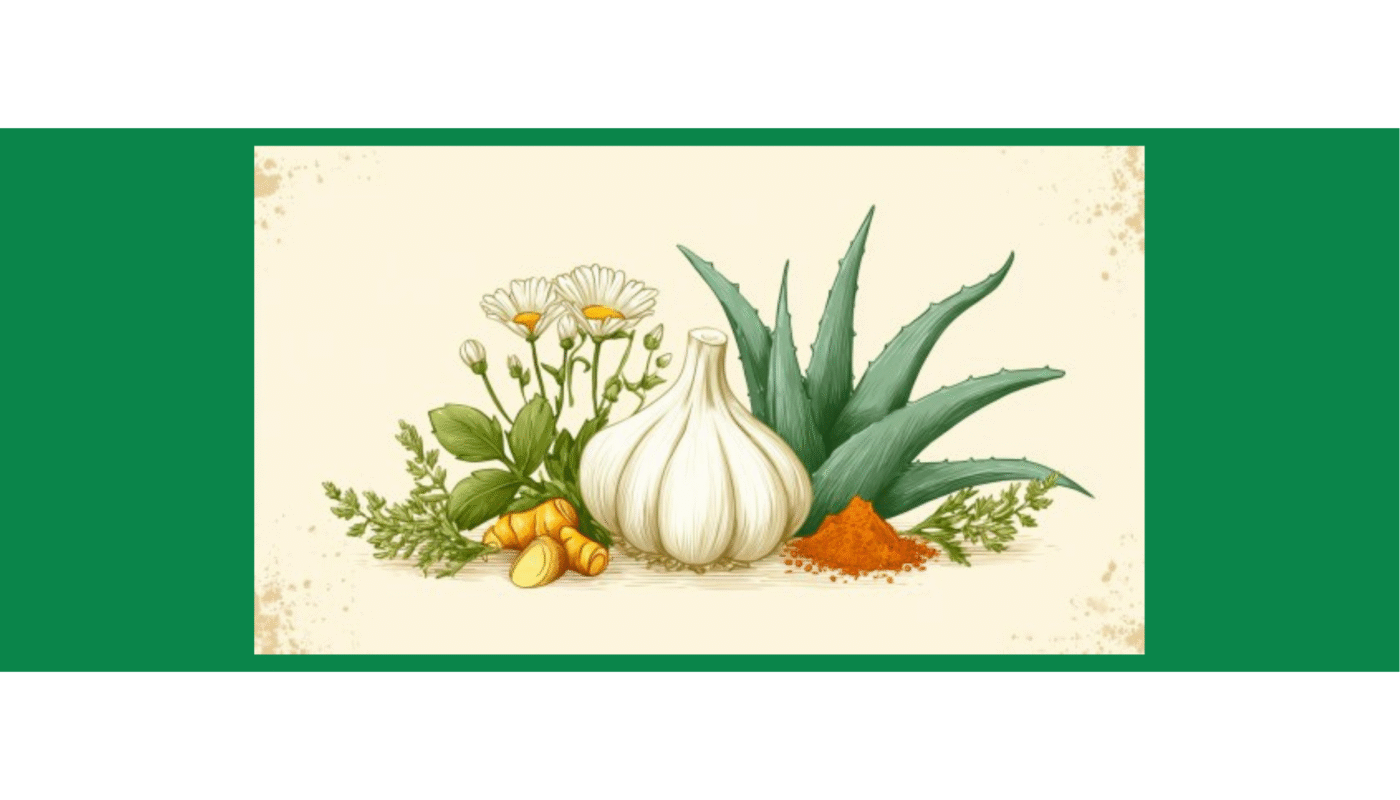DISCLAIMER:
The information provided in this article is for general informational purposes only and is not intended as medical advice. Always consult with a qualified healthcare provider before using any herbal remedies, especially if you are pregnant, nursing, taking medication, or have a medical condition.
For centuries, people around the world have used herbs as natural remedies for common ailments. Long before pharmaceutical drugs became the norm, leaves, roots, and seeds served as nature’s pharmacy.
Here are 10 well-known natural herbs that have earned a place in traditional and modern wellness practices for their healing potential.
1. Ginger – For Nausea and Indigestion
(Zingiber officinale)
Ginger is one of the most widely used herbs for nausea, motion sickness, and bloating. Its active compound, gingerol, also has anti-inflammatory and antioxidant effects.
Use it as: Tea, raw slices, capsules, or grated into food.

2. Peppermint – For Headaches and IBS
(Mentha × piperita)
Known for its cooling effect, peppermint helps relieve tension headaches and ease symptoms of irritable bowel syndrome (IBS). The menthol in peppermint helps relax muscles and ease discomfort.
Use it as: Tea, diluted essential oil (for topical use), or capsules.
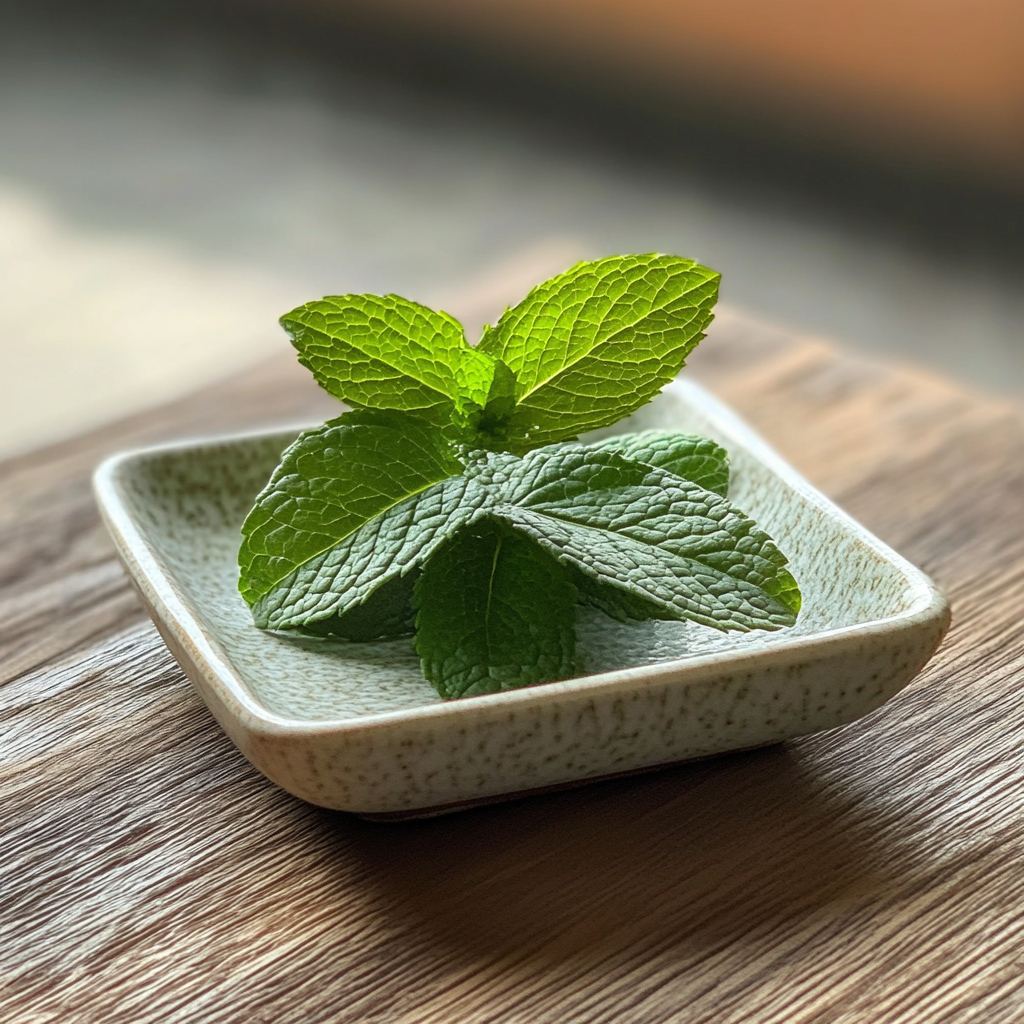
3. Chamomile – For Sleep and Anxiety
(Matricaria chamomilla)
Chamomile is best known for promoting relaxation and better sleep. It can also soothe mild anxiety, indigestion, and even skin irritation when used topically.
Use it as: Herbal tea, tincture, or soothing cream.
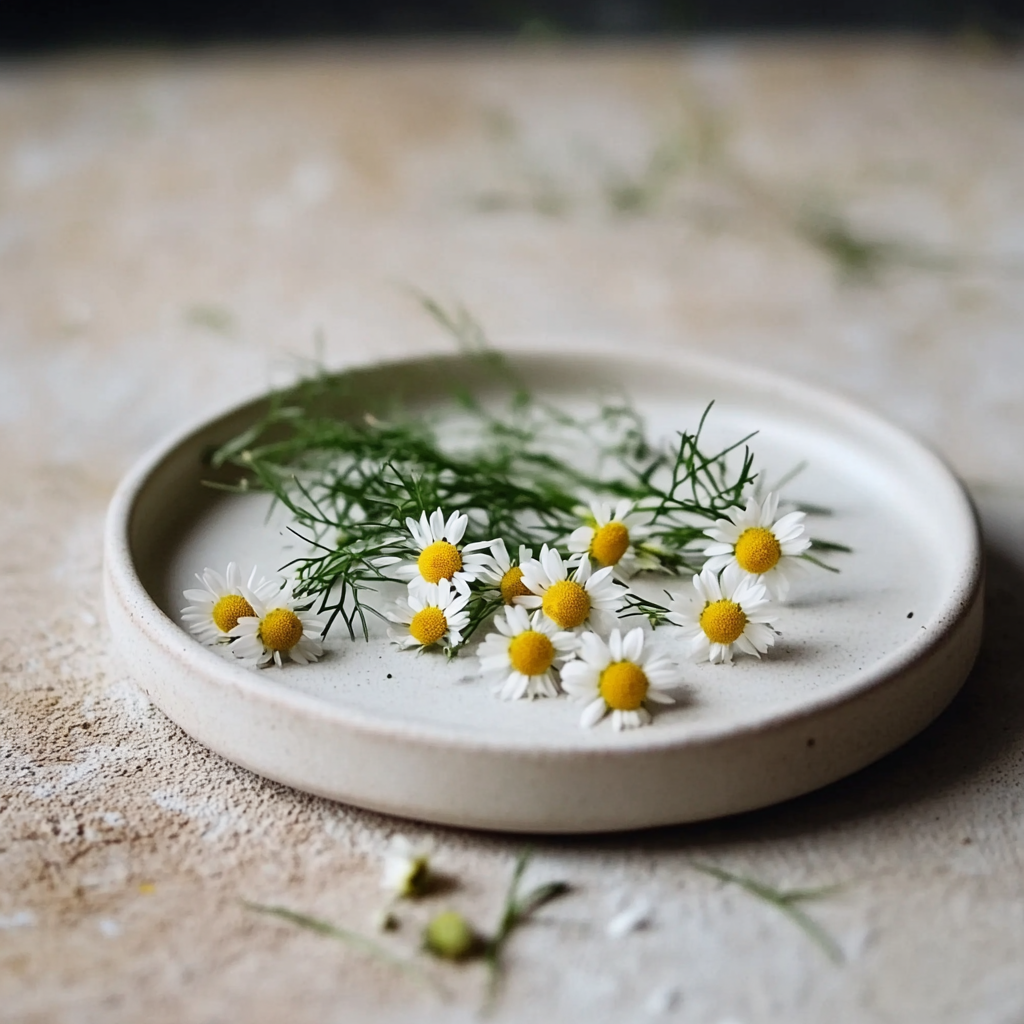
4. Turmeric – For Inflammation and Joint Pain
(Curcuma longa)
Turmeric contains curcumin, a powerful anti-inflammatory compound. It’s especially effective for those dealing with arthritis, joint pain, or inflammatory conditions.
Use it as: Capsules, powder (with black pepper for better absorption), or added to smoothies and curries.
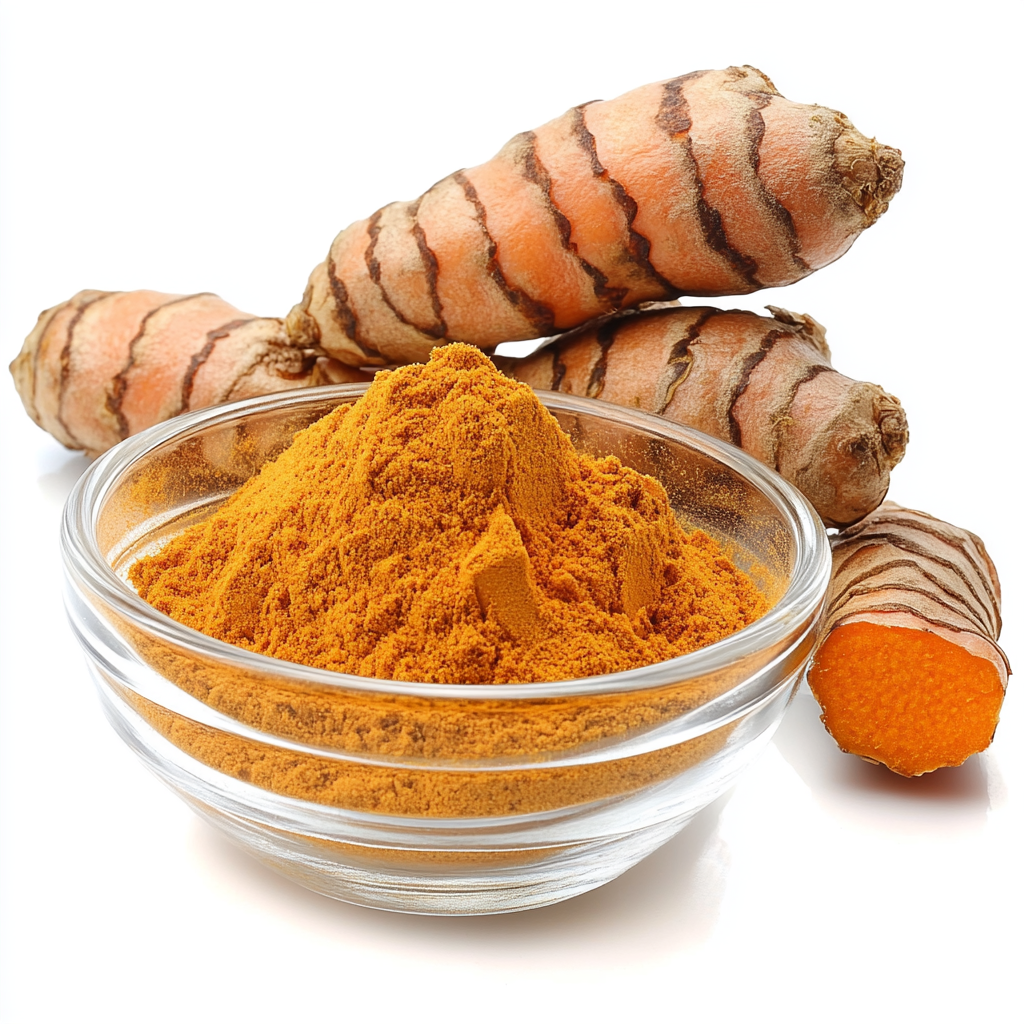
5. Garlic – For Immunity and Heart Health
(Allium sativum)
Garlic is both a food and a remedy. It supports heart health, lowers blood pressure, and has antibacterial and antiviral properties. A popular immune booster, especially during cold and flu season.
Use it as: Raw for medicinal use, cooked in food, or as odorless capsules.
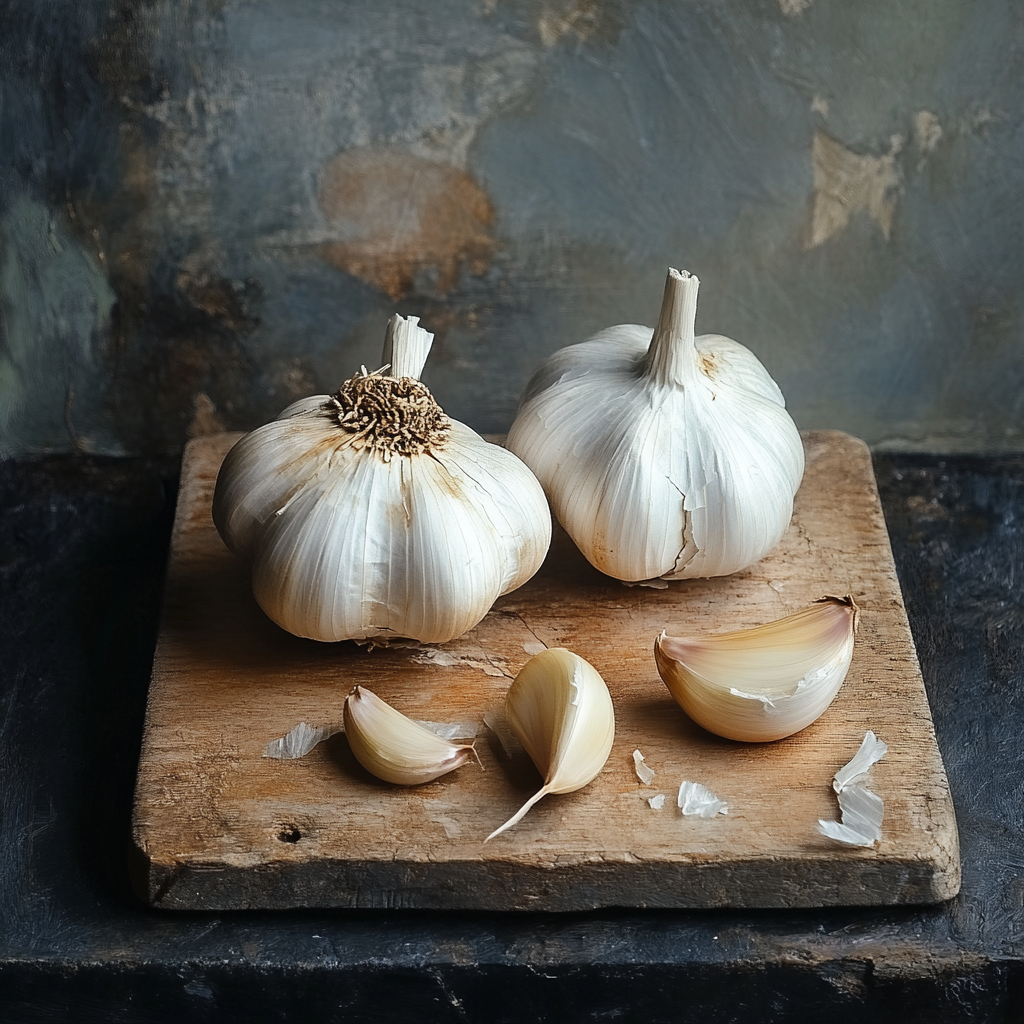
6. Serpentina – For Blood Sugar and Hypertension
(Rauvolfia serpentina)
Known as the “King of Bitters” in the Philippines, serpentina is traditionally used for managing high blood pressure, blood sugar, and fever. It’s also known for its antibacterial effects.
Caution: Very potent. Consult a health professional before use.
Use it as: Dried leaf tea or capsules (in low doses).
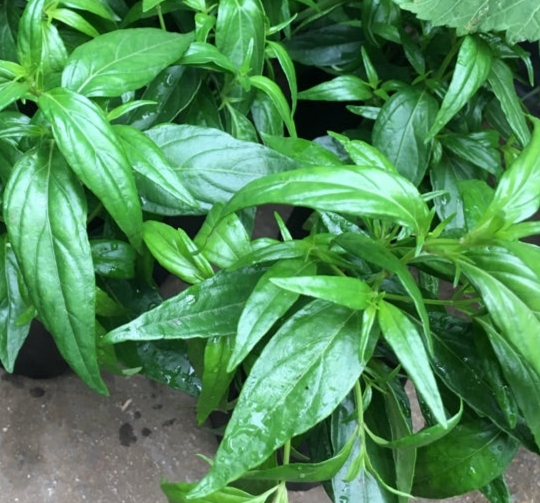
7. Chanca Piedra – For Kidney Stones and Liver Health
(Phyllanthus niruri)
Called “stone breaker,” this herb is used to help dissolve kidney stones, ease urinary infections, and support liver detox. Common in South American and Filipino herbal medicine.
Use it as: Capsule as supplement.

8. Saw Palmetto – For Prostate and Urinary Health
(Serenoa repens)
Primarily used to support men’s health, saw palmetto helps reduce symptoms of benign prostatic hyperplasia (BPH), improves urinary flow, and may balance hormones.
Use it as: Standardized extract in capsules or softgels.
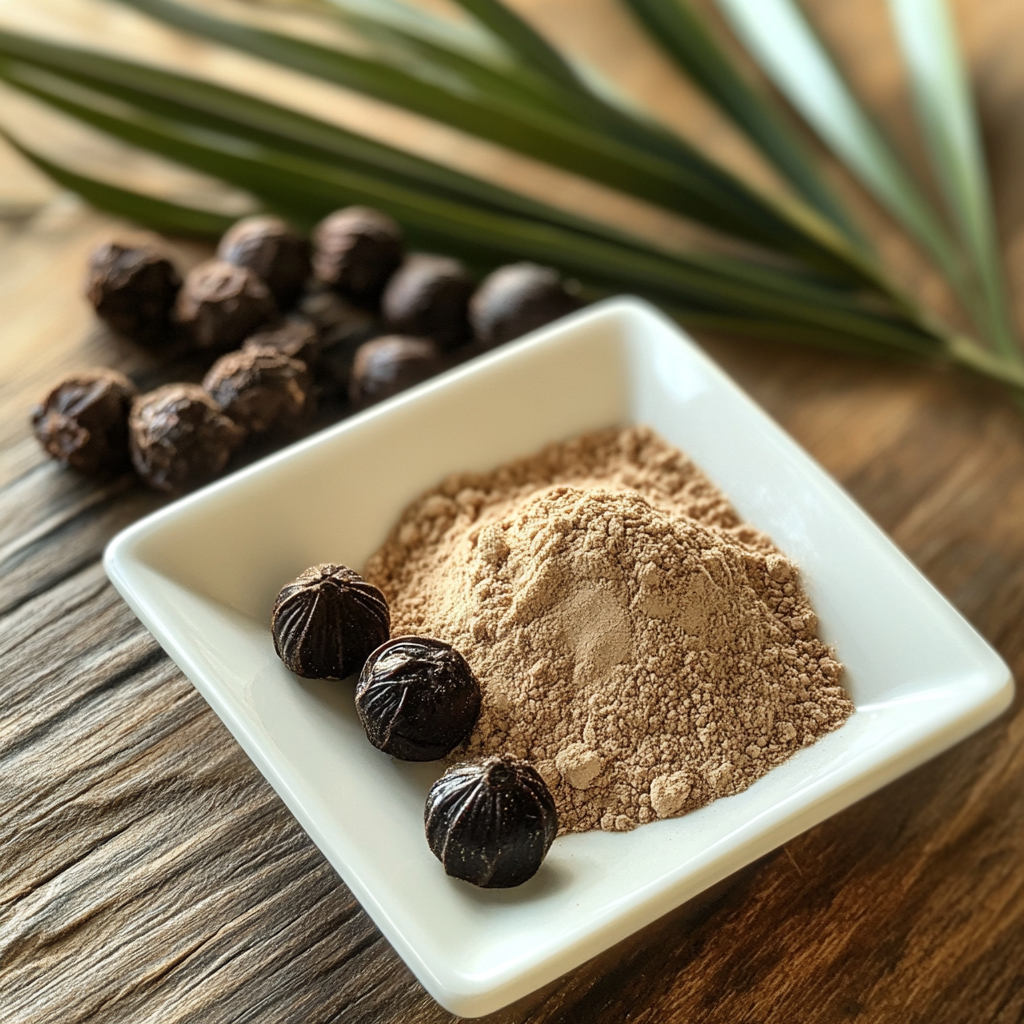
9. Guava Leaves – For Diarrhea and Oral Health
(Psidium guajava)
Guava leaves are a natural remedy for diarrhea, wound healing, and oral hygiene. Rich in antioxidants and antimicrobial compounds, they are often boiled to make tea or used as a mouth rinse.
Use it as: Boiled tea, or cooled decoction for gargling.
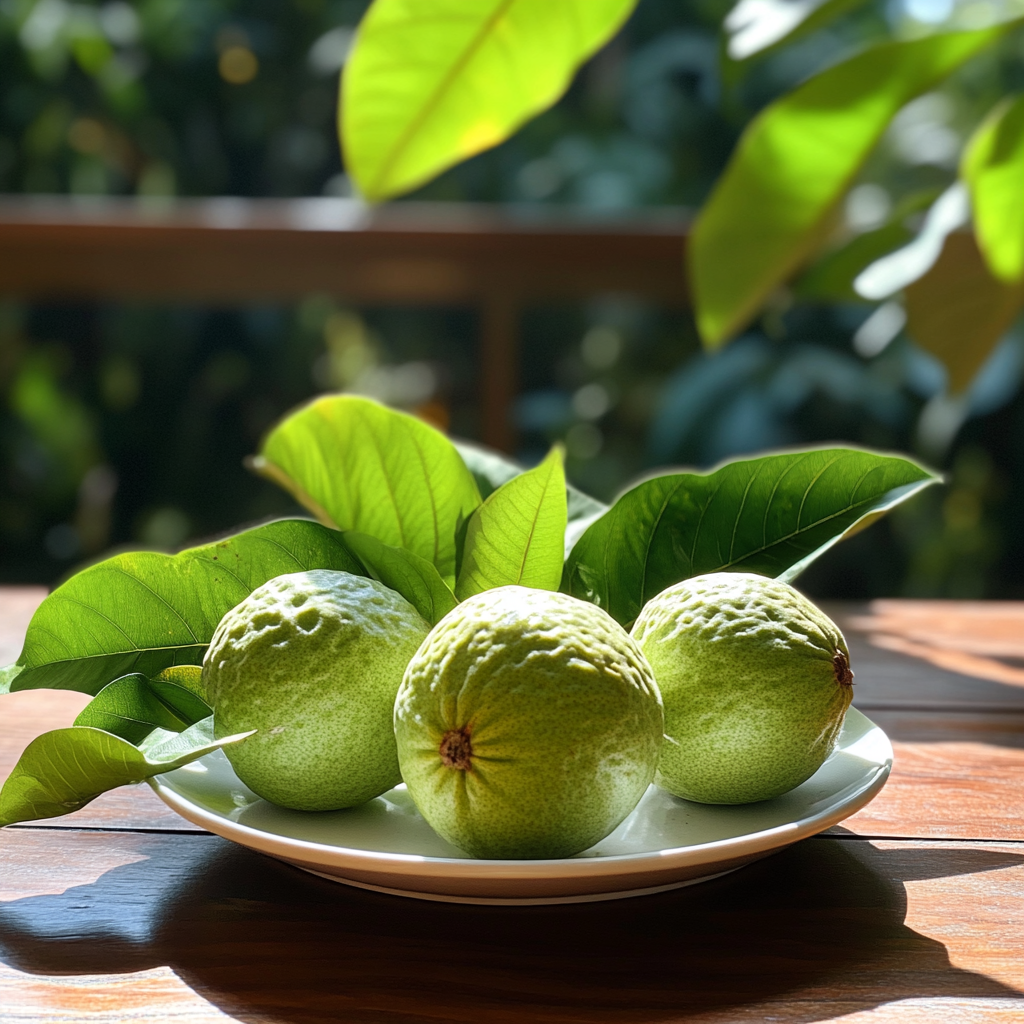
10. Aloe Vera – For Skin, Digestion, and Burns
(Aloe barbadensis miller)
Aloe vera gel is popular for treating burns, sunburn, and skin irritations. Internally, it may aid digestion and relieve constipation, but should be used with caution.
Use it as: Fresh gel for external use, or aloe juice (aloin-free) for internal use.
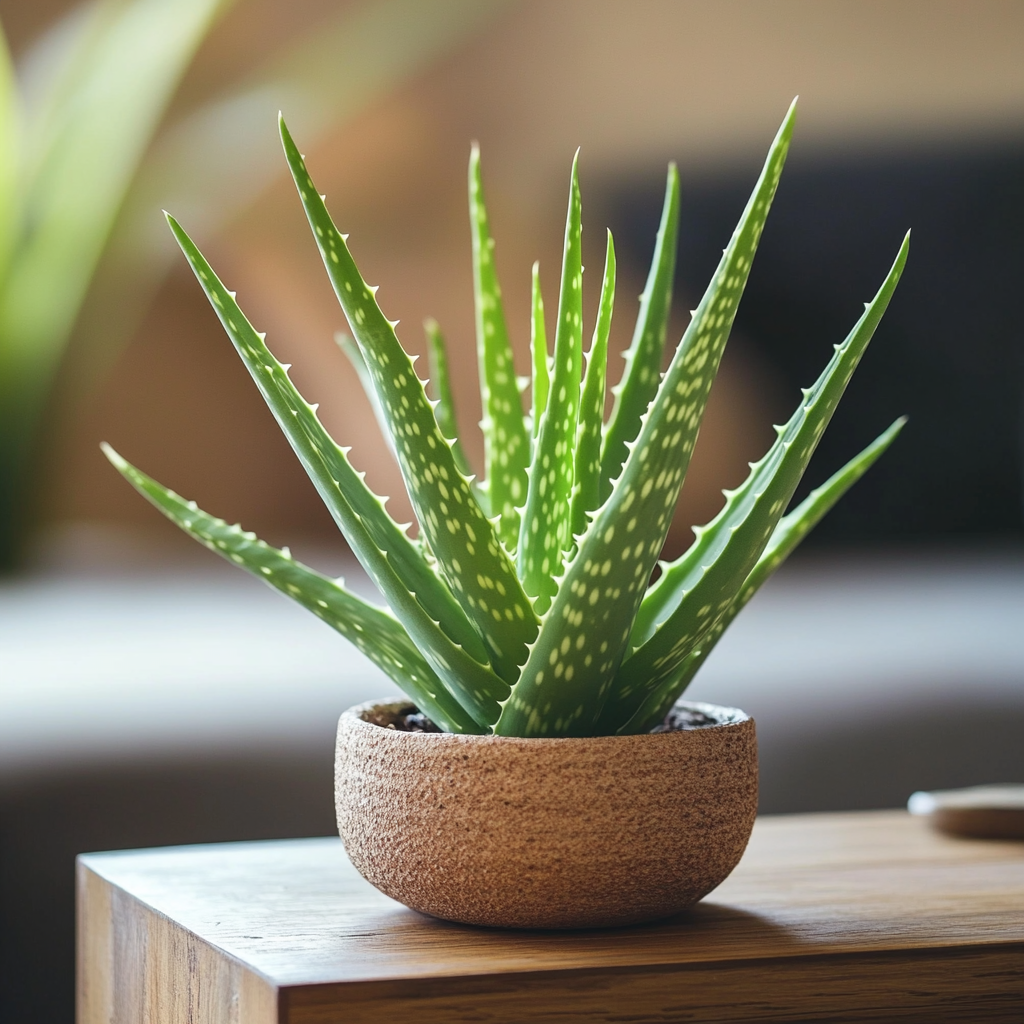
Final Thoughts
These 10 natural herbs have stood the test of time for a reason. They offer simple, effective remedies for everyday health concerns, from upset stomach to stress and inflammation. However, natural doesn’t always mean safe—especially if you’re taking other medications or have underlying health issues.
Always start with small amounts and consult a health professional when needed.
🌿 Quick Tips Before Using Herbs:
- Buy herbs from trusted, reputable sources.
- Stick to one new herb at a time to monitor reactions.
- Watch out for contraindications with existing medications.
- Keep your doctor informed if you’re using herbs regularly.
Enjoyed this article?
BOOKMARK THIS PAGE for more natural wellness tips, DIY remedies, and other interesting articles.
Have you tried any of these herbs? Let us know in the comments below!

